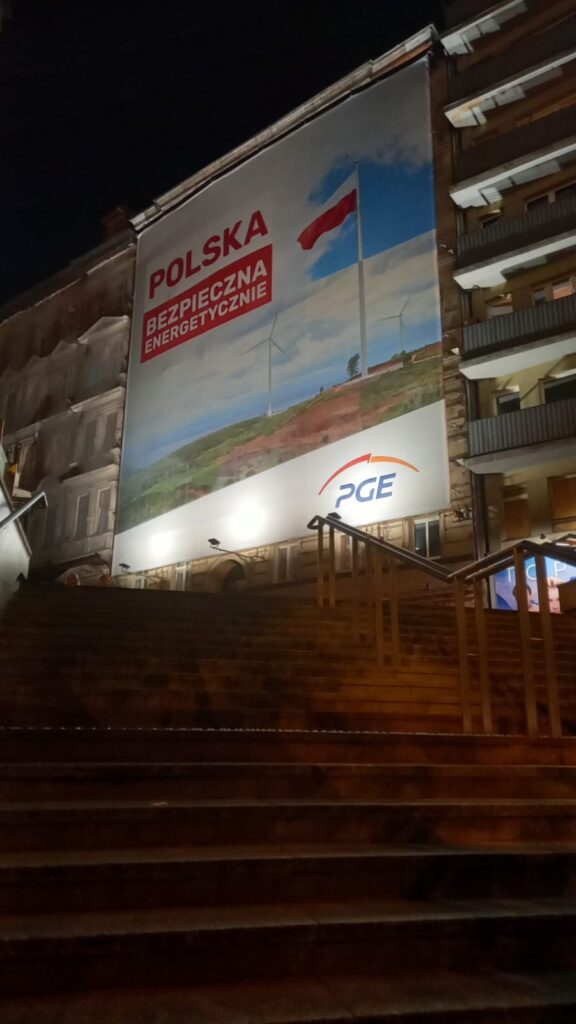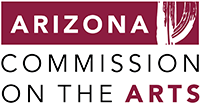Europe is currently experiencing the worst energy crisis in global history. Following the onset of the Russian invasion of Ukraine, the intersection of physical, behavioral, and economic household-related dimensions of energy has been amplified. Funded by the Kosciuszko Foundation, this project's central question was, “How does the energy crisis impact weathering stressors stemming from the housing and energy continuum?”
A research group of 19 residents in Wrocław, Poland, participated in this Photo Voice study. Utilizing a grounded theory approach, data analysis consisted of triangulating results from survey responses, collected photographs, and recorded semi-structured interviews. The results revealed how the energy crisis influenced life satisfaction, loneliness, social support, health, and well-being. The weaponization of energy by the Russian state emerged as a key theme.

This photo was captured by a 35-year-old Ukrainian male who is a home renter. The participant explained that the Polish government is insufficiently addressing the Russian state’s weaponization of energy. Collectively, participants in the study exhibited feelings of hopelessness due to certain aspects of their daily life being out of their control. The constant stress of not having the capacity to appropriately address energy-related hardships contributes to the weathering of biopsychosocial health and well-being among Polish residents.
By examining participants' lived experiences, this research highlights the energy crisis's impact on public health research and policy. Conducted in southwestern Poland where cold weather and heating issues are significant, these issues are potentially worse in mountainous regions. However, housing conditions across Poland are outdated, impacting structural and technical components. The results of this study inform public health and housing advocates, and contribute to developing measures for addressing weathering stressors among Poland's historically oppressed population.
This study, approved by the University of Wrocław (UW) Ethics Committee, is part of the project "Exploring Aging on the Energy and Housing Continuum in Wrocław, Poland." All participants underwent training and provided written consent. Led by the Centre for Interdisciplinary Research into Health and Illness at the UW, the goal of this art-based research was to promote public health participation, awareness, and inform research and policy.
Contact: paul.mokrzycki@uwr.edu.pl


©2024. Made with (❤︎) in Yachayninchik